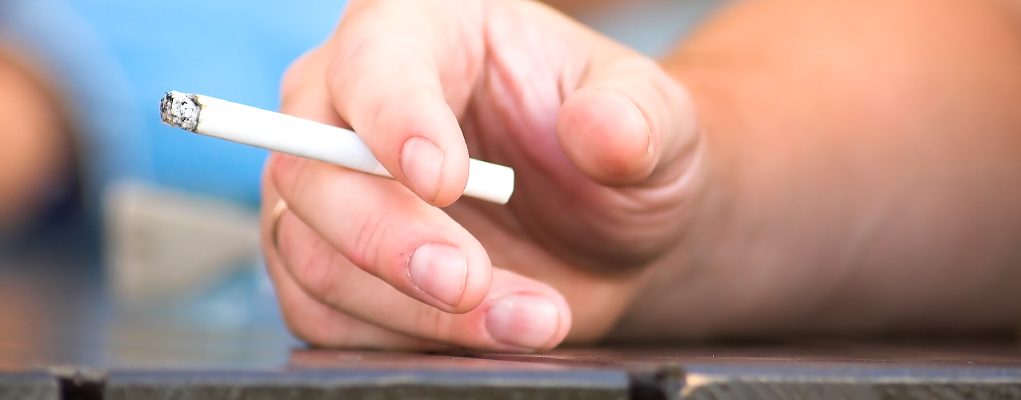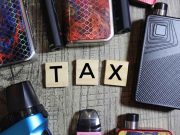Unlike other stressful global events, the global pandemic didn’t cause more people to smoke suggests a study from Canadian researchers.
WATERLOO, Ontario — A group of researchers at the University of Waterloo found that smoking didn’t increase during the initial stages of the COVID-19 pandemic, based on data from four high-income countries. The countries are Australia, Canada, England, and the United States. According to a media release from the University of Waterloo, “COVID-19 has not resulted in a net increase in smoking,” based on the data from these countries.
The study was funded by Health Canada (specifically, the agency’s Substance Use and Addictions Program), other governments, and published and supported by the university’s International Tobacco Control (ITC) Project. The project’s central purpose is to measure the “psycho-social and behavioral impact of ley national-level policies” of the World Health Organization’s (WHO) Framework Convention on Tobacco Control (FCTC), reports the Toronto Star, via further reporting by local news media outlet Sudbury.com.
The researchers also found that at least half of the smokers that responded to the survey reported that COVID-19 made them reconsider smoking, while the vast majority of smokers did not change their smoking habits during the early phase of the pandemic.
“It is important to note that population-level stressful events, such as 9/11 and natural disasters, have often led to increased smoking,” said Prof. Geoffrey Fong, a principal investigator for the University of Waterloo’s ITC Project and an expert in psychology, in the media release. “So, our findings that there was no net increase in smoking in response to COVID-19 may actually represent a positive result for public health.”
Other findings in the study found that those who thought about quitting smoking due to COVID-19 were primarily females, ethnic minorities, current vapers, less dependent smokers, those concerned about infection, those who believe that COVID-19 would be more severe for smokers, and for those in prior financial distress.













